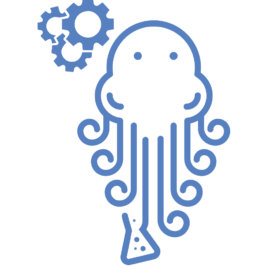Vasileios Theiou, Aris Salapatas Gkinis, Athanasios Theofanopoulos, George Giannakopoulos, Christos Tsitsipanis
Abstract:
A very interesting and important application of machine learning relates to healthcare. There are several studies that illustrate that machines can assist clinicians to make treatment decisions and forecast disease outcomes. In this study, we focus on the setting of Traumatic Brain Injury (TBI). Our goal is to develop machine learning techniques that can accurately predict the capabilities of patients 7 days after hospital admission, in order to support the medical practitioner when deciding specific treatments. We also study the capacity of different input features to predict the outcome, validating the usefulness of innovative biomarkers, such as interleukins, as significant predictors. In our approach, we examine different machine learning models, examining the prediction as a classification problem, aiming to target 3 different capability descriptors (Glasgow Comma Scale, Glasgow Outcome Scale and Karnofsky Performance Scale). The promising first results, reaching an f1_micro score of approximately 80%, indicate that this avenue of machine learning exploitation in the TBI setting can be an important addition to the medical arsenal for decision support.

